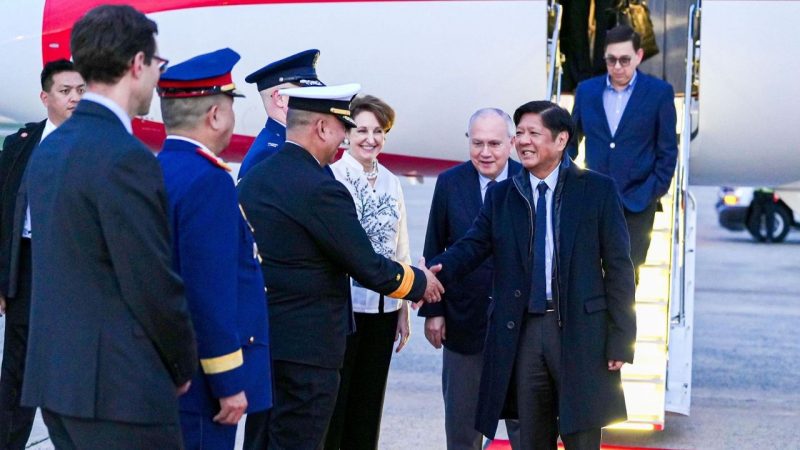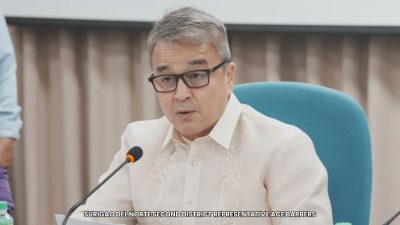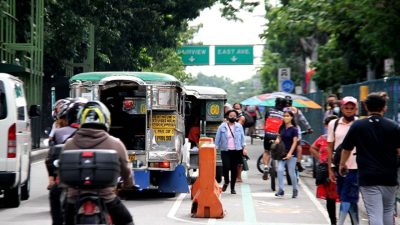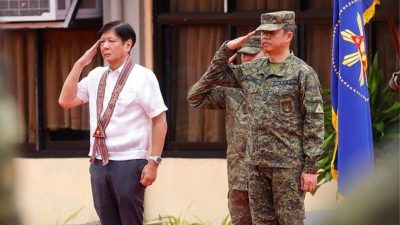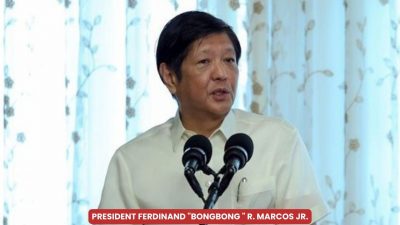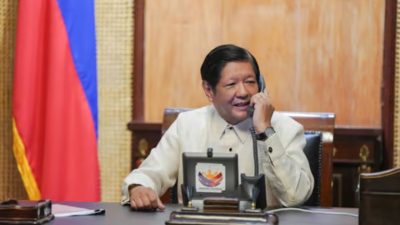MANILA — The three-way summit among leaders of the Philippines, the United States, and Japan is set to produce an agreement to maintain security and ensure freedom of navigation in the South China Sea (SCS), according to President Ferdinand Marcos Jr.
The summit, scheduled to take place in Washington, D.C. on April 11, will bring together Marcos, US President Joe Biden, and Japanese Prime Minister Fumio Kishida to deliberate on advancing their defense, security, and economic interests.
President Marcos, who departed from Manila on Wednesday, emphasized that the specifics of the agreement between the three countries would be hashed out during his meetings with Biden and Kishida. He articulated that the agreement’s focus lies in bolstering cooperation to uphold security and navigation rights in the contested waters of the South China Sea.
Marcos clarified the nature of the agreement, stating, “Well, this is essentially an agreement between the United States, Japan, and the Philippines. Our cooperation in maintaining security and freedom of navigation in the South China Sea. That is the essence of it.” He further elucidated that the discussions in Washington would delve into the operational aspects of the cooperation and its implementation.
During his interaction with reporters, Marcos underscored the significance of the summit in fostering strategic partnerships among the three nations. He indicated that the discussions would encompass not only security measures but also economic collaboration, reflecting a multifaceted approach to addressing regional challenges and opportunities.
The departure of President Ferdinand R. Marcos Jr. from Manila marked the commencement of what is anticipated to be a pivotal moment in regional diplomacy. His attendance at the historic trilateral summit signifies the commitment of the Philippines to actively engage with key allies in shaping the geopolitical landscape of the Indo-Pacific region.
The summit holds the promise of consolidating the strategic alignment between the Philippines, the United States, and Japan, reinforcing the framework of cooperation to tackle common security concerns. Beyond immediate security considerations, the discussions are expected to explore avenues for enhancing economic integration and promoting sustainable development across the region.
As President Marcos embarks on this diplomatic mission, the eyes of the international community are keenly fixed on the outcomes of the summit. The agreements and initiatives emerging from the discussions are poised to have far-reaching implications for regional stability and the balance of power in the Asia-Pacific.
(Sourced online/el Amigo/MNM)

